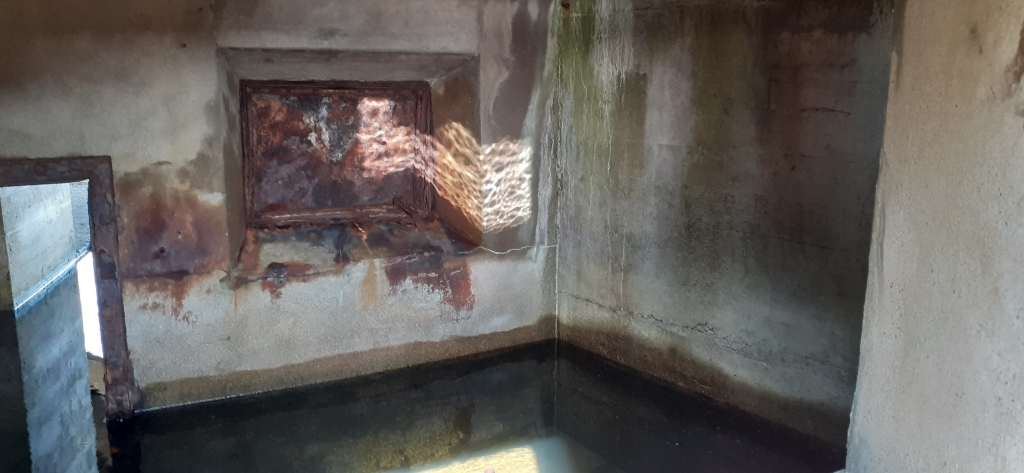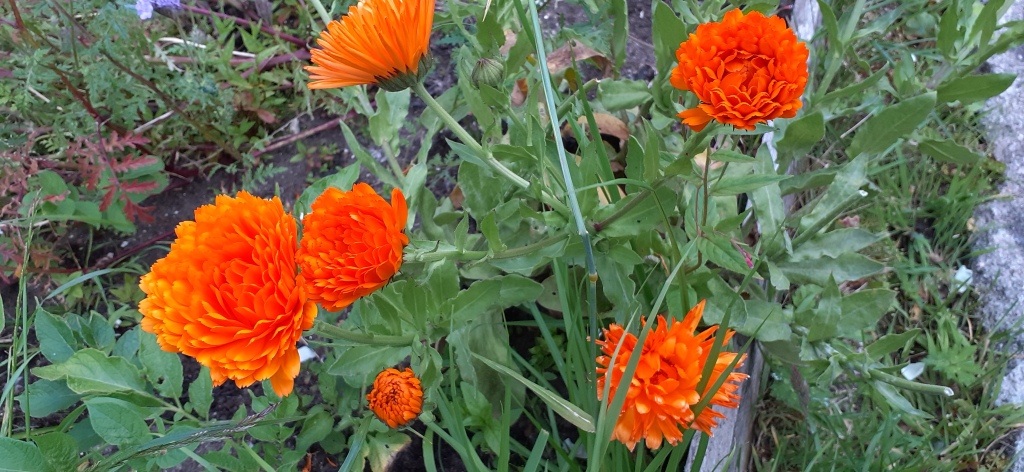8th March 2022
I wrote the following post several months ago when I like many other people were stunned by the Russian invasion of Ukraine and the violence and destruction which ensued. Not again, not in Europe, was my thought. War was something which happened elsewhere. Surely not here. Haven’t we learnt from the Second World War.
I wrote the post longhand because I have to limit screen time. I am only now typing up this post because in the months in between I mostly had only just enough energy to keep the house running and keep going at work. At the weekend, or on the days I wasn’t working, I was often in pain or exhausted because I was recovering from pain. Even on good days I have been wary of using screens in case it triggers a migraine. But here we go. I feel well enough today to type up the post which is partly about my own experience of trauma.

8th March 2022
Like many people, I have been shocked, angry and sad about the Russian invasion of Ukraine and their apparent disregard for civilian life and wellbeing. I have listened to the news with tears streaming down my face. At times, I can’t bear to listen. I have thought abut all the unnecessary trauma being inflicted on the people of Ukraine and I have become angry because I know that trauma is not just something you ‘get over’. It leaves lasting effects on our physical, mental and spiritual health.
I lost my sister to suicide while I was still struggling to support my daughter through anorexia. Both of these experiences pushed me beyond my ability to cope although I somehow kept stumbling on in a state of numbness.
When I went for an appointment at an eating disorder clinic and was told that my daughter was on the point of starvation and would have to be hospitalised, I was shocked. Perhaps I shouldn’t have been. I had watched my daughter grow thinner over a period of months, but it had happened so gradually that, although I was concerned, I hadn’t realised she had reached a critical point. On that day in the hospital I had to put my own feelings aside as I tried to keep my sick child calm in a room in accident and emergency while we waited for a bed to be made available on the children’s ward. We waited all day. At one point, doctors and nurses descended on the room next door and we heard urgent voices and machines beeping. Someone else’s trauma.
That evening as I finally left the hospital with my daugther’s tears ringing in my ears, I experienced a huge disconnect. The takeaway place I had passed the day before was the same, but I felt as if the world had shifted to the side making familiar things look sinister. How could other people be out drinking coffee and eating and laughing together when my daughter was critically ill? In the coming weeks, I was continually exhausted, on a knife edge, no longer able to make plans or see a clear path ahead.

Broken
My daughter was out of hospital, although there were still many challenges to face, and I was just beginning to make plans and try to get back to work when my sister took her life. After the initial shock and grief, I was totally numb, a spectator in my own life, but forcing myself to go through the motions – get up, go to work, shop, cook dinner – for the sake of my family.
I read a blog post by another survivor of bereavement by suicide who said that she had been through many difficult things, but it was her sibling’s death which broke her. This resonated with me. There is something about suicide which goes against all our survival instincts and strikes at the roots of hope. My body is still reeling from the blow which was struck three years ago. My nervous system has been on edge since then and every day is a challenge. A tiny bit more stress than usual can leave me overwhelmed and feeling unable to cope. Something which reminds me of my sister’s death can trigger a rollercoaster of emotion. It took me three days to recover from the shock of opening a cupboard door and seeing a badly placed bowl fall out and smash on the floor.
Perhaps the most life-disrupting challenge is the weekly migraines when my body becomes sensitive and reactionary to ..well, almost anything – food, light, smells, sounds. Not long ago, some loud music caused me in the space of two minutes to go from experiencing an unpleasant pressure in my head which I was trying to push into the background to the embarrassment of vomiting violently in public. I discovered a dual purpose for my cotton face mask. I could go on, but by now you’ve probably got the idea. I am no longer in the driving seat of my own life.
Trying to understand trauma
Trying to understand, I have been watching ‘ The Wisdom of Trauma’ film, which features the trauma expert and holocaust survivor, Dr. Gabor Mate, and also reading ‘The Body Keeps The Score’ by Bessel van der Kolk. I have learnt that trauma, whether it is trauma with a large ‘T’ like losing a loved one to suicide or fleeing a war zone, or trauma with a small ‘t’ like not having your emotional needs met as a child, leaves its marks on the body.
On my own journey, I have been exploring the mind-body connection through the Curable App which has meditations and journaling exercises to help chronic pain sufferers. Dr John Stracks Hope for Healing podcast has given me hope for my own healing journey. I am currently working my way through Alan Gordon and Alon Ziv’s podcast, Tell Me About Your Pain.
I have also prayed and brought my pain, physical, mental, emotional and spiritual, to Mass. Sometimes, when I have been worn out with pain or felt unable to calm down my nervous system for days I have not found relief until I asked someone else to say a prayer for me. It can be difficult to ask for prayer as I am proud and want to do things myself.
Looking for a way forward
I have been inspired by St Teresa of Avila who suffered from migraine as well as other physical ailments and did not let it stop her founding monasteries. She is the patron saint of headache sufferers. I am also inspired by the life of Sr. Clare Crockett, an Irish nun who died in an earthquake in Ecuador in 2016. She suffered from migraine, but tried to keep going and to even smile, talk and sing through the pain in her head. Each day, she offered God a blank cheque. He could do what he liked with her that day. I’m not quite brave enough to offer the blank cheque yet – I keep reminding God I don’t have much in my bank account on pain days – but I’m trying to pray that I’ll be willing.
I am looking for physical healing, but I realise that first a lot of work must be done on mental, emotional and spiritual healing. Sometimes I am overwhelmed by the journey ahead, all the emotions i have to process and the people I need to forgive. But sometimes, even when in pain, I can be grateful for the way it forces me to let go of things, because I simply don’t have energy to waste on worry or trying to always be in control.
Although I can see that pain has taught me, I would never have chosen it. Life has become a struggle since my own experience of trauma and I am angry about the needless trauma being inflicted on the citizens of Ukraine, because trauma doesn’t just end when the difficult events are over. At the same time, Bessel van der Kolk says that extreme, frightening events don’t always result in trauma if there is a community to support those affected and help them heal. My hope and prayer is that those who have had to flee for their lives from Ukraine and other places of unrest and conflict will be received with love, compassion and practical support.